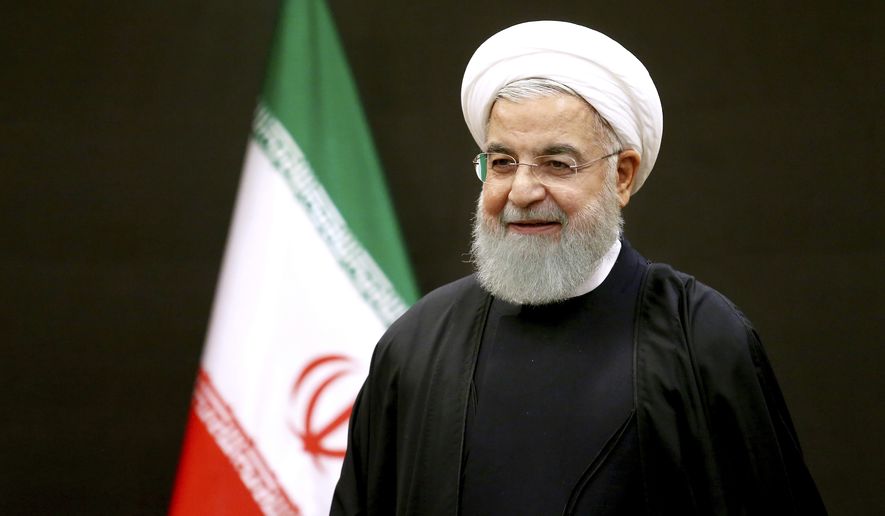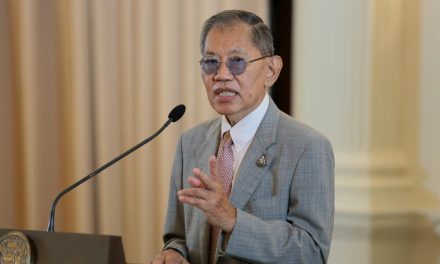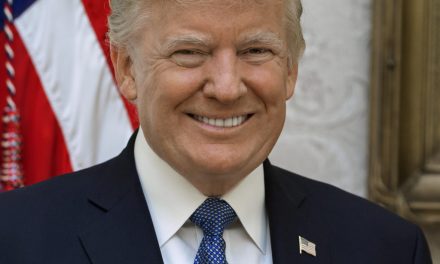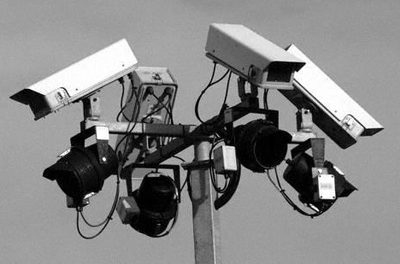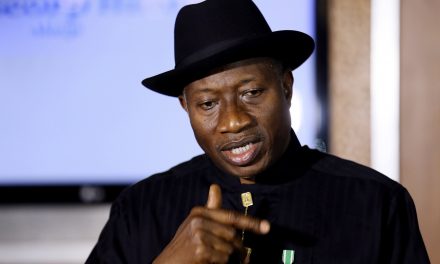18 December 2018.
The Iranian government is increasingly resorting to execution as it tries to clamp down economic crimes amid an economic downturn caused in part by U.S. sanctions. Vahid Mazloumin and Mohammad Ismail Ghasemi were put to death last month after their convictions on charges of manipulating gold prices and spreading corruption.
Iranian officials argue that the moves are required to control a surge of black-market activity that has thrived after the economic downturn.
But rights activists view the anti-corruption drive as an effort to distract Iranians from seeing how much poorer they are now than they were a year ago.
Ms. Nariman, who was imprisoned in Iran at age 17, told The Washington Times that the anti-corruption proceedings are just acts of a desperate move targeting low-level and often innocent suspects so they can show ordinary Iranians that something is being done in a time of growing economic hardship and isolation.
The latest figures show that there were at least seven new death sentences, with many of the trials broadcast live on national TV. Critics say the proceedings lacked due process and featured rulings that are often based on confessions extracted under duress.
Uncertain fate of anti-corruption bill
Secretary of Iran’s Expediency Council Mohsen Rezai said on Saturday December 15 that the bill drafted to pave the way for Iran to join the International Convention against Funding Terrorism (CFT) has not reached the council.
Hardliners have launched a campaign to prevent Iran from signing a series of international conventions aimed at prevent money laundering and financing terrorism.
Expediency Council is a body that has the final say on legislations if the Majlis and hard-line dominated watchdog Guardian Council cannot agree on the draft bills.
Kazem Seddighi,a mid-ranking cleric appointed by the Islamic Republic’s Supreme Leader Khamenei, as temporary Friday Prayer Leader of the Iranian capital, has been campaigning against Iran joining the international community, Financial Action Task Force (FATF), to fight money laundering and terrorism financing.
European banks and other friendly banks have repeatedly said that their condition for cooperating with Iran is the endorsement of President Rouhani’s proposals consisting of ant-money laundering and ant-terrorism financing, collectively known as “Palermo bills” in Tehran.
Rouhani said that if Iran does not join FATF, costs in Iran would go up by 20%. He criticised the hardliners for delaying the bill. Iran and North Korea are the only countries on the FATF blacklist. The organization has suspended countermeasures against Tehran while it works on reforms. Radio Farda reported.
Iran President Hassan Rouhani’s son-in-law resigned on Monday just two days after his appointment as head of Iran’s geological survey on account of accusations of nepotism, official news agency IRNA reported. Kambiz Mehdizadeh, in his early thirties is married to Rouhani’s daughter. Iranians on social media criticised of nepotism in the appointment.
Central Bank Governor Valiollah Seif, who was fired in July after five years at the helm was alleged to have laundered money for Tehran’s Lebanese proxy Hezbollah militia and the Quds Force, the Islamic Revolutionary Guard Corps’ special forces unit. Washington has designated Hezbollah and the Quds Force as terrorist organizations.

